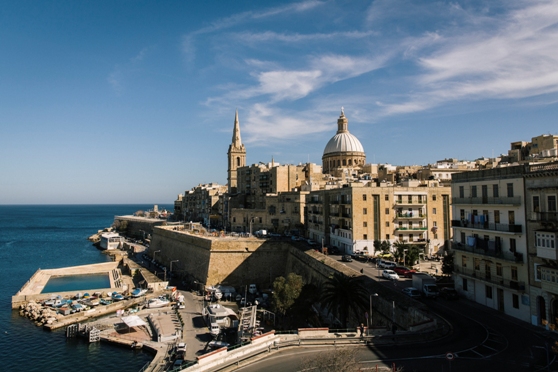Cyprus and Malta face EU punishment over ‘golden passports’
By Matina Stevis Gridneff and Monika Pronczuk
BRUSSELS — Cyprus and Malta will face European Union penalties if they do not abandon lucrative programs that sell “golden passports” to foreigners, the bloc says, a long-anticipated crackdown on a practice that in certain cases furnished foreigners — some accused of crimes in their home countries — with travel documents.
The European Commission, the bloc’s administrative branch, has for years had the two nations in its crosshairs over the practice, and its hand was forced by recent revelations of highly placed politicians being involved in the programs.
Most recently, an Al-Jazeera investigation in Cyprus purported to show egregious practices by prominent politicians that could enable rich people with criminal records to acquire EU passports through citizenship of the two countries, offering them legal protections and the right to freely travel in the bloc.
While the Cypriot and Maltese initiatives are the most notorious in the bloc, most EU countries offer residency-for-investment programs that have been criticized by anticorruption activists and by the bloc itself. Twenty of its 27 members give foreign investors residency rights in exchange for payment.
In a 2018 report, anticorruption organization Global Witness found that 100,000 people had made use of such initiatives, known as “golden visas”, to acquire legal residence in EU countries.
In announcing its decision to open infringement proceedings against Cyprus and Malta, the commission said Tuesday (20) that “the granting of EU citizenship for predetermined payments or investments without any genuine link with the member states concerned undermines the essence of EU citizenship.”
Since Cyprus began its current program in 2013, it has issued about 4,000 passports, raising 7 billion euros, or around $8.2 billion, in revenue. The program allows foreigners to get a Cypriot passport in exchange for at least a 2 million-euro investment in the country, usually in real estate, with minimal additional requirements and a light-touch oversight process.
Last week, Cyprus said that it would end its golden passport program as of Nov. 1 but that it would continue to process the backlog of applications. And while the government acknowledged that the initiative had been abused, it denied any wrongdoing.
In Malta, Prime Minister Robert Abela spoke out in favour of its program Monday (19) in anticipation of the EU legal action.
Malta’s program was started in 2014 and by mid-2017 had issued more than 2,000 passports and raised 718 million euros, according to the 2018 Global Witness report.
-New York Times


